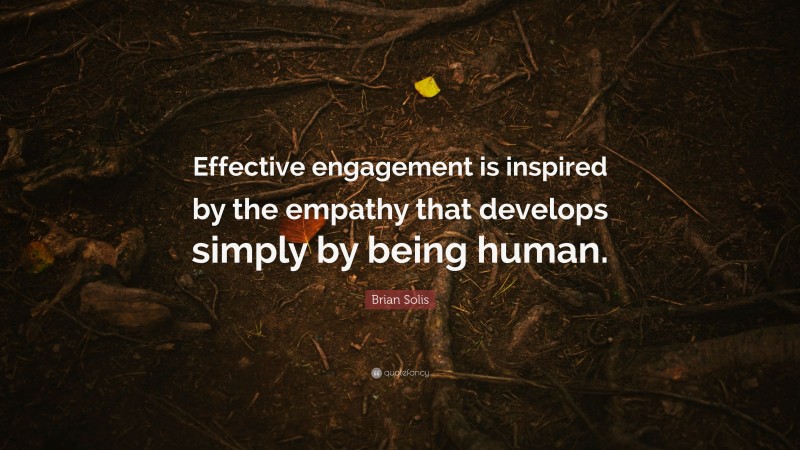

Moral patiency is clearly not sufficient for moral personhood, and it is debatable whether it is even necessary. Rocks and stones, for example, clearly are not. But being a moral patient is distinct from being a moral actor, and nonhuman animals as well as humans are held to be moral patients. Moral agents are usually moral patients, and some use the term “moral agent” to include moral patiency. Moral personhood might also be held to include, in a very loose sense, being a moral patient, that is, a being who can suffer at the hands of wrong actions by moral agents. One could argue, though, that there are some rudiments of moral expectation or anthropomorphism involved on the part of the owner. Pet-owners often scold their pets for engaging in certain undesirable types of behavior, such as urinating on the carpet, digging in the garden, or failing to obey a command, but a scream of “bad dog” is not usually considered to imply moral agency. A lion in the jungle killing another animal to eat, or killing a human for whatever reason, is not held to be engaging in morally impermissible or blameworthy behavior. Nonhuman animals, such as dogs, cats, birds, and fish, are commonly held not to be moral agents and not moral persons. Ordinarily, human beings are considered moral agents and moral persons.

It makes sense to hold them morally responsible for their intentional actions. Their acts are blameworthy or praiseworthy. Moral agents engage in behavior that can be evaluated as moral or immoral, as morally right or wrong, as morally permissible or morally impermissible. The moral sense of personhood denotes individual beings who are moral agents. It will be useful to distinguish among different types, contexts, or meanings of personhood: moral, metaphysical, physical, and legal. Some thinkers use the term “person” in such a way that one is either a person or not, but the situation is not that simple. It also has other philosophical and legal relevance. Ute Müller-Tischler.The concept of personhood is widely involved in biomedical ethics discussions about abortion, stem-cell research, euthanasia, etc., though it is not always discussed explicitly. With kind support of Bezirksamt Mitte von Berlin, Amt für Weiterbildung und Kultur, Fachbereichsleitung Dr. Part of PFLEGEANWEISUNGEN – THE ART OF LIVING TOGETHER ( – ) / Press releaseĬurated by Paz Ponce and Andrzej Raszyk (berlinerpool) in cooperation with Marianne Ramsay-Sonneck and Georg Reinhardt (Club Real) It has become in itself a unique phenomenon marking him out as a celebrated public intellectual and an influential sociologist of today’s academic world.ĭirected by Bartek Dziadosz ( Light Matter Productions) and produced by the Bauman Institute. Unsurprisingly, Bauman’s insights into pitfalls of globalisation and consumerism have always drawn attention of scores of young people across the world. This incessant flow of ideas concerning subjects ranging from East Enders to Eastern European philosophy continues to this day. ‘Late flowering’ is a phrase which best describes the period when he retired from academic work in 1990 and started to publish books almost annually.

But apart from everything else Zygmunt Bauman is simply a very wise man.

His life story alone could be a subject of a monumental biographical work. Emeritus Professor of Sociology at the University of Leeds, Polish Jew forced to flee his homeland in the wake of anti-semitic sentiments of 1968, an extraordinarily prolific scholar in political theory, philosophy, ethics, art history – Zygmunt Bauman is a unique figure in many respects. This foresightedness is not unusual for someone routinely described as a prophet of social sciences. But it has been fourteen years since Zygmunt Bauman wrote them in his In search of politics. It is only now that we are beginning to realise how accurately these words describe the contemporary global society.


 0 kommentar(er)
0 kommentar(er)
